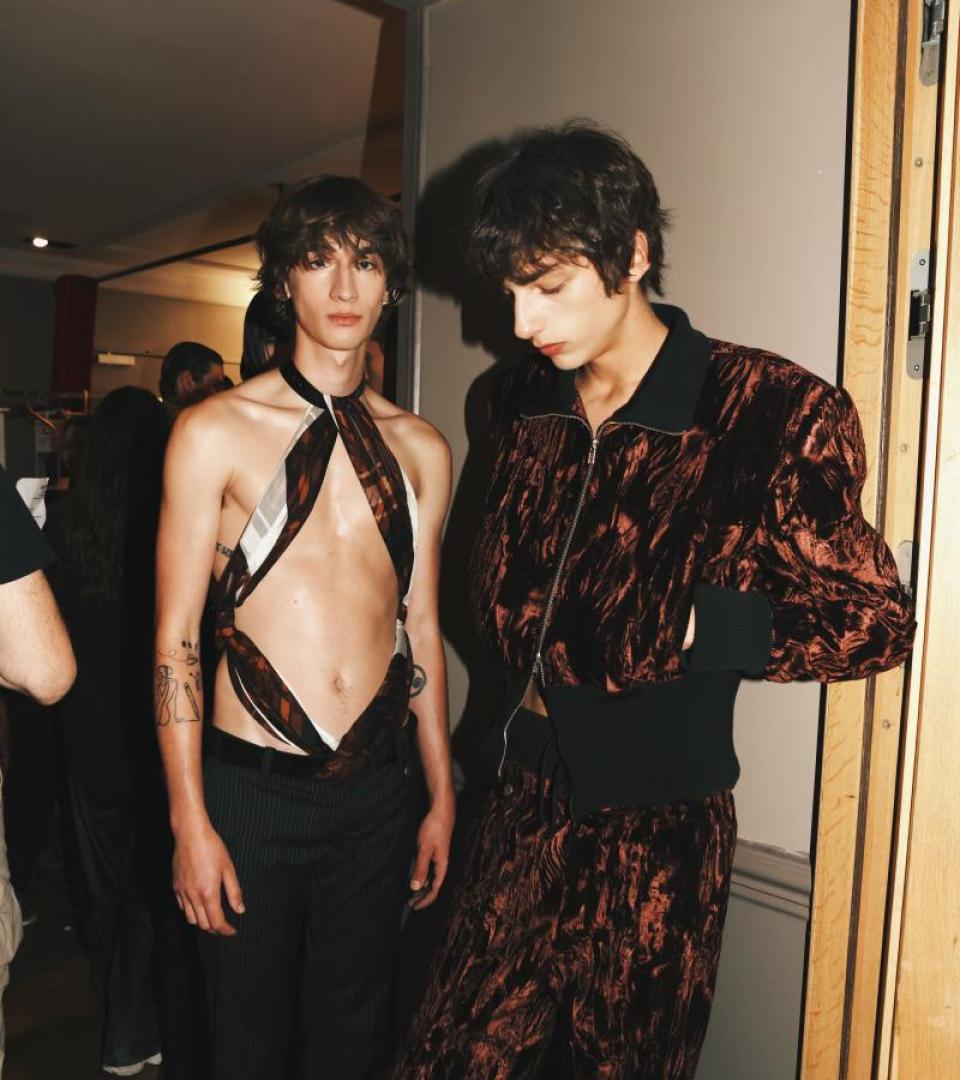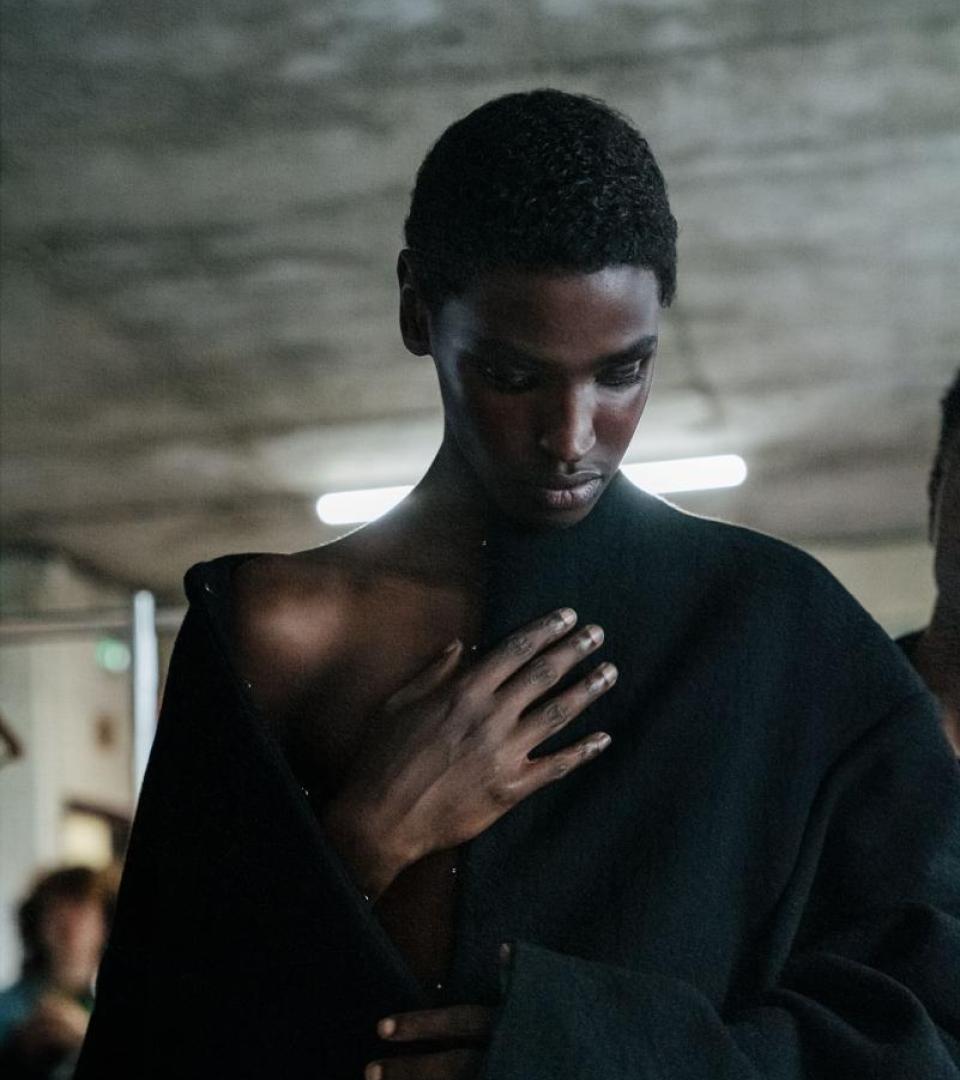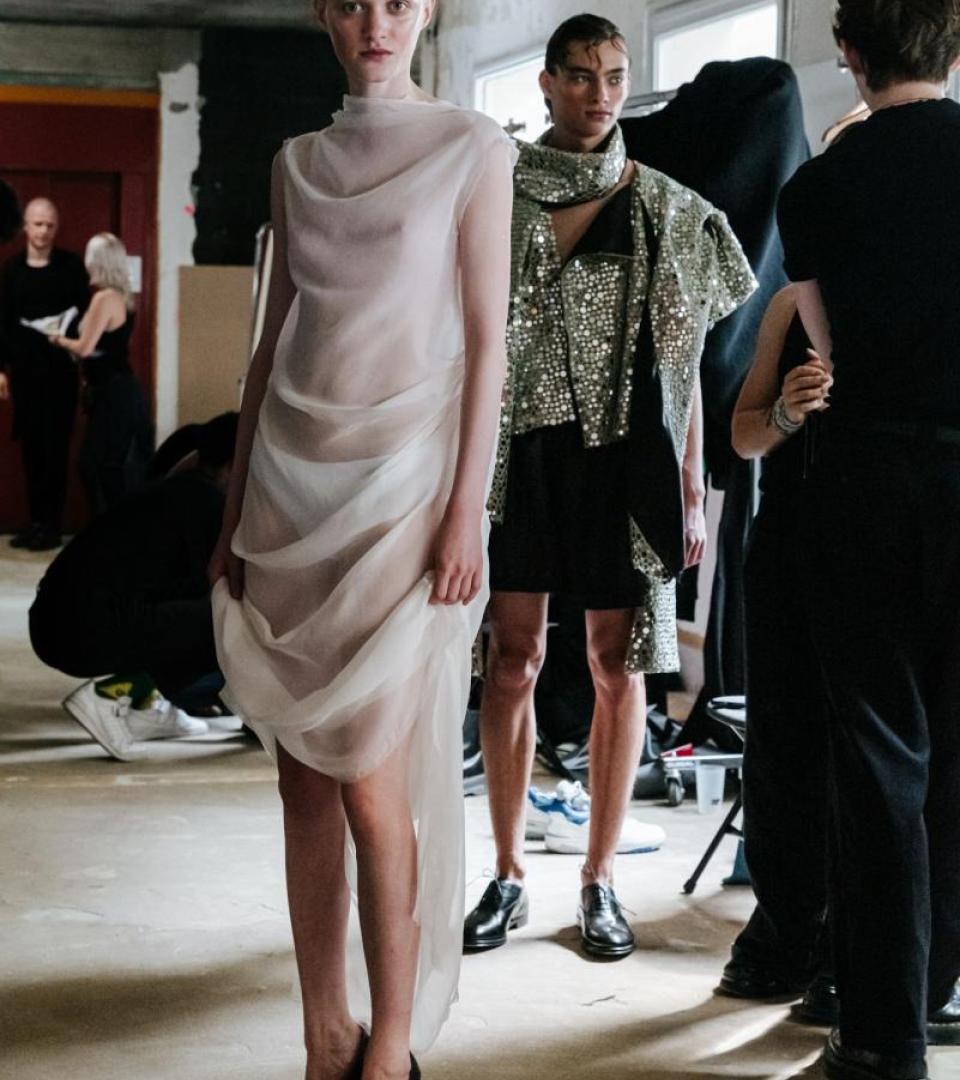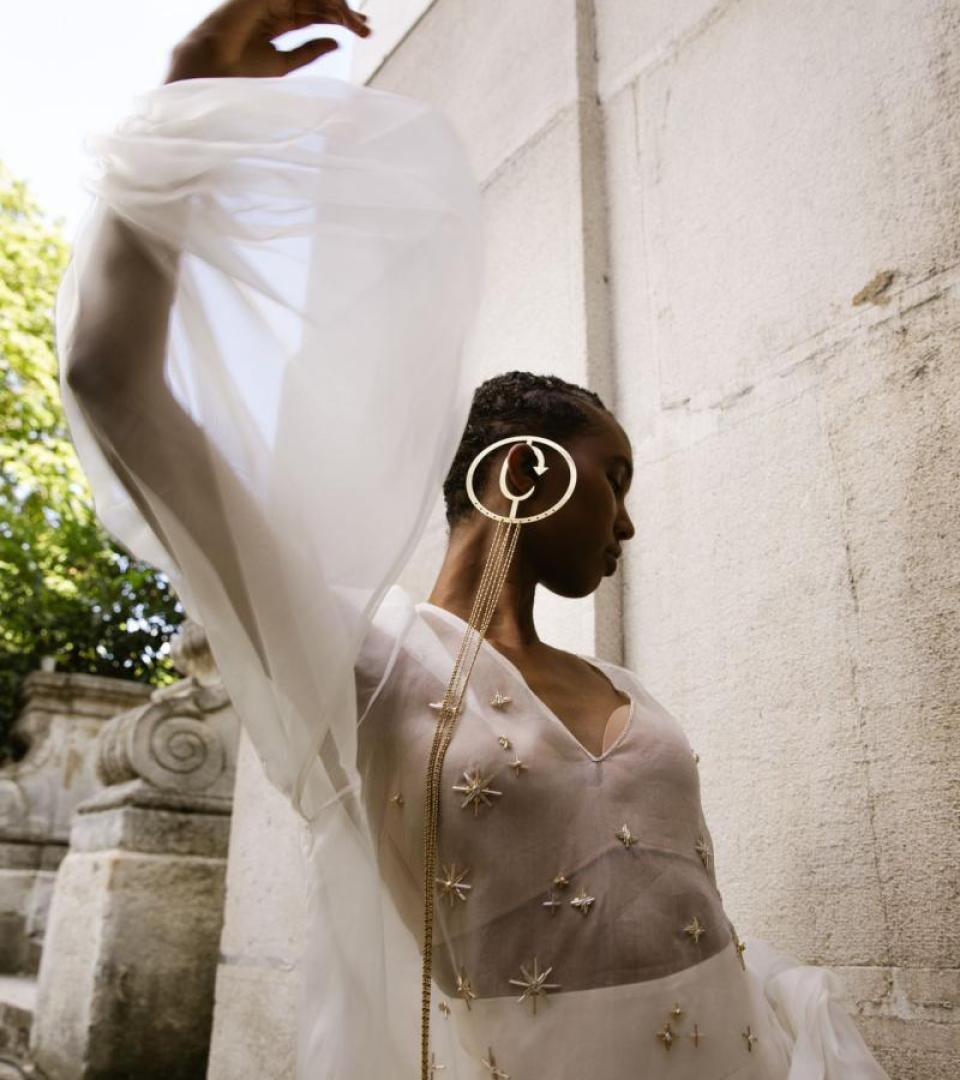A Feel For Fashion: Cristiano De Lorenzo
Cristiano De Lorenzo, born in Rome and a History of Art graduate from La Sapienza, has led Christie’s Italy since 2016 following earlier roles in London and Hong Kong. He joined the auction house in 2008 and has since combined his managerial position with a passion for architecture, design and the wider arts. Often taking the rostrum for charity sales, he brings an emphasis on the stories behind objects, convinced that collecting is driven as much by memory and uniqueness as by beauty. Under his direction, Milan has strengthened its role as a bridge between Italy and the global auction market.
What are your thoughts about the significance of this season given so many major designer debuts?
It is somehow fascinating and perplexing to observe how much faster the turnover of creative directors of the biggest fashion houses has become. As an outsider, my point of view might be off-track but this urge of constant change surprises me, especially compared to other businesses where continuity is the key to success. That said, I’m particularly curious to see what will happen at Bottega Veneta, Chanel and Gucci. More broadly, I wonder how any designer will respond to the current geopolitical situation. Historically, some of the biggest social changes have happened during and immediately after wartime and fashion has often anticipated them. Will this season follow the rule? I always hope for revolutions!
What excites you in fashion right now?
I was raised to appreciate the fine quality of materials as much as the actual garments. Later in life, I’ve developed an interest in design and innovation, in any creative area: whether art, architecture, industrial design or fashion. Overall, today’s fashion appears to me a lot more about new aesthetic attitudes than about the clothes. Sometimes the fit seems to matter more than the cut, colors more than fabrics. I find that conceptually very exciting, as it reflects the evolution of a truly global society.
What is one reason to be optimistic about the state of fashion going forward?
There is so much talent, as well as exceptional knowhow out there. Incredible skills, perfected by generations of artisans from all over the world together with equally incredible technical innovations are available. All of that makes me confident that the fashion system will overcome the current challenges.
What do you enjoy most about Paris Fashion Week?
No one presents their product quite like the French. Paris has been booming in recent years, also in the fine art market that I know well. I trust the international participation will be strong. That convergence of different cultures, styles, attitudes is what normally makes the fashion week so enjoyable for me.
Do trends still matter?
Trends are quite inevitable, aren’t they? I believe they very much matter commercially, for specific products even more. I like, however, that there are so many each year. When a trend is spontaneous, I see it as an expression of vitality, variety, and liberty.
Given current uncertainties, in what ways do you see brands/houses effectively driving business growth?
I think the big houses have built remarkable structures, becoming very strategic in their approach to their fashion products. As in contemporary art, strong conceptual and aesthetic visions in fashion should matter more than beautiful clothes and flawless accessories.
How do you see designers sparking and sustaining desire today?
The designers whose work I particularly respect have always stuck to their vision by understanding, often unconsciously (and sometimes anticipating) the feelings of a wider society. We all need to get dressed every day. Sometimes we just do it, other days we enjoy doing it. A real genius designer should remain relevant all the time.
What aspect of your work is most fulfilling?
I work for an auction house and fell in love with my job because of the stories that lie behind the creation of an artwork or a collection. Our business is fundamentally based on desire, of many contrasting types. I like to deal with people’s passions.
What is your favourite way/word to compliment someone’s style?
With a very straightforward “You look great” and I only say it when I think one really does.
In what ways is AI helping you develop and realise ideas that might not have been previously possible?
At present, I find AI particularly useful for generic client service. Although I firmly believe in personal relationships with customers, suppliers, colleagues, I remain very open and curious to see where it will lead us in the short term. Hopefully, it will help art collectors to expand their imagination of interiors and artists to develop new languages.
For some time now, fashion has entered the world of auctions, once reserved exclusively for art. Do you consider fashion a form of art?
Christie’s has been the first house to auction fashion items. It all began in 1978, when the personal wardrobe of Coco Chanel was been offered for sale at our London headquarters. From then on, many important fashion collections have been hammered down by our international auctioneers. Three come to my mind immediately: a group of evening gowns donated for charity by Princess Diana, the wardrobe of Hollywood legend Elizabeth Taylor, Catherine Deneuve’s Saint Laurents… and many, many more. Some garments or accessories have been conceived by artists, others by designers who had them executed with exquisite artistic care and craftsmanship. Are these artworks? I would simply say that it is up to the artists to decide whether their creations should be regarded as artworks or just wonderful, unique, functional pieces.



